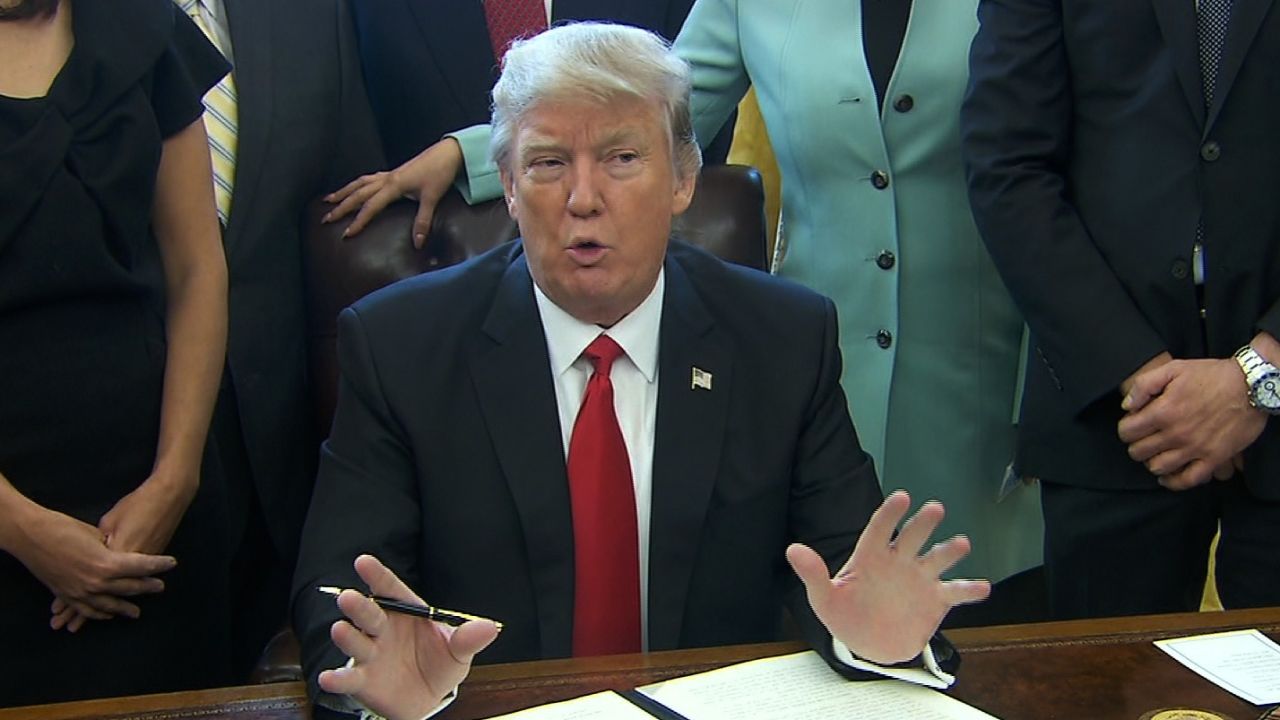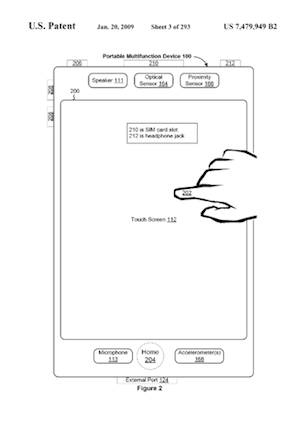FTC Appeals Microsoft-Activision Merger Ruling

Table of Contents
The FTC's Concerns Regarding the Microsoft-Activision Merger
The Federal Trade Commission (FTC) vehemently opposes the Microsoft-Activision merger, citing several key concerns about anti-competitive practices. Their primary argument centers on the potential for Microsoft to leverage its ownership of Activision Blizzard, particularly the immensely popular Call of Duty franchise, to stifle competition and dominate the market.
Reduced Competition and Market Domination
The FTC argues that the merger would give Microsoft an unfair competitive advantage, potentially harming rival game publishers and console manufacturers.
- Exclusive Titles and Content: Microsoft could make Call of Duty and other Activision Blizzard titles exclusive to its Xbox ecosystem, or offer superior content and features only on Xbox, effectively locking out players on competing platforms like PlayStation and Nintendo Switch.
- Pricing Power: With less competition, Microsoft could raise prices for Activision Blizzard games, harming consumers.
- Reduced Innovation: A lack of competition could stifle innovation in the gaming industry as Microsoft would have less incentive to develop new and exciting games.
Impact on Game Streaming Services
The FTC is also deeply concerned about Microsoft's potential dominance in the burgeoning game streaming market. The acquisition of Activision Blizzard's extensive game library, including Call of Duty, would significantly enhance Microsoft's Xbox Cloud Gaming service.
- Exclusionary Practices: Microsoft could leverage its ownership of Call of Duty and other popular titles to exclude competitors like GeForce Now and PlayStation Now from the streaming market.
- Market Consolidation: This would lead to a less competitive game streaming market, potentially resulting in higher prices and fewer choices for consumers.
- ** Stifling Innovation in Cloud Gaming:** A lack of competition could hamper innovation in cloud gaming technology and services.
Microsoft's Defense and Proposed Remedies
Microsoft counters the FTC's claims by emphasizing its commitment to fair competition and offering various concessions to address regulatory concerns.
Ten-Year Call of Duty Deal
A central part of Microsoft's defense is its proposed ten-year agreement to make Call of Duty available on PlayStation. This aims to alleviate the FTC's concerns about Microsoft using Call of Duty to gain an unfair advantage. However, the FTC's appeal suggests they find this remedy insufficient.
Other Concessions
Beyond the Call of Duty deal, Microsoft has offered other concessions to appease regulators, including:
- Commitments to maintain fair pricing for Activision Blizzard games.
- Promises to continue supporting cross-platform play.
- Agreements to license Activision Blizzard games to other platforms.
The Implications of the FTC Appeal
The FTC's appeal significantly increases the uncertainty surrounding the Microsoft-Activision merger. Several potential outcomes exist.
Potential for Delay or Blockage
The appeal could significantly delay or even entirely block the merger. The legal process could take many months, even years, to resolve. This prolonged uncertainty impacts both companies and the gaming industry as a whole.
Legal Precedents and Future Mergers
The outcome of this case will set important legal precedents for future mergers and acquisitions in the tech industry, particularly in the gaming sector. It will influence how regulators approach large-scale consolidation in the digital entertainment space.
The Role of Other Regulatory Bodies
The FTC isn't the only regulatory body scrutinizing this merger. The UK's Competition and Markets Authority (CMA) also initially blocked the deal, raising similar concerns about market dominance. Other international regulatory bodies are also involved, and their opinions could differ, creating a complex and multifaceted regulatory landscape. This potential for diverging rulings further complicates the situation.
Conclusion
The FTC Appeals Microsoft-Activision Merger represents a pivotal moment for the gaming industry and the regulation of tech giants. The FTC's concerns about anti-competitive practices, particularly regarding Call of Duty and game streaming, are significant. While Microsoft has offered remedies, the FTC's appeal demonstrates its belief these measures are insufficient. The potential for delay, blockage, or the setting of important legal precedents makes this case a landmark event. Staying informed about the ongoing developments is crucial for understanding the future of gaming and the broader implications for the tech industry. Follow reputable news sources and legal updates to stay abreast of this critical legal battle and its impact on the gaming landscape. The implications of this Microsoft-Activision merger appeal will be felt for years to come.

Featured Posts
-
 Trump Lawsuit Prompts 60 Minutes Executive Producers Exit
Apr 24, 2025
Trump Lawsuit Prompts 60 Minutes Executive Producers Exit
Apr 24, 2025 -
 Increased Investment In Chinese Stocks Listed In Hong Kong
Apr 24, 2025
Increased Investment In Chinese Stocks Listed In Hong Kong
Apr 24, 2025 -
 Bethesda Confirms Oblivion Remastered Launch Everything You Need To Know
Apr 24, 2025
Bethesda Confirms Oblivion Remastered Launch Everything You Need To Know
Apr 24, 2025 -
 Sophie Nyweide Dead At 24 Remembering The Child Actor From Mammoth And Noah
Apr 24, 2025
Sophie Nyweide Dead At 24 Remembering The Child Actor From Mammoth And Noah
Apr 24, 2025 -
 Village Roadshow Sold Alcons Stalking Horse Bid Successful
Apr 24, 2025
Village Roadshow Sold Alcons Stalking Horse Bid Successful
Apr 24, 2025
